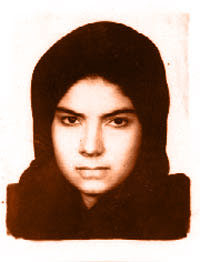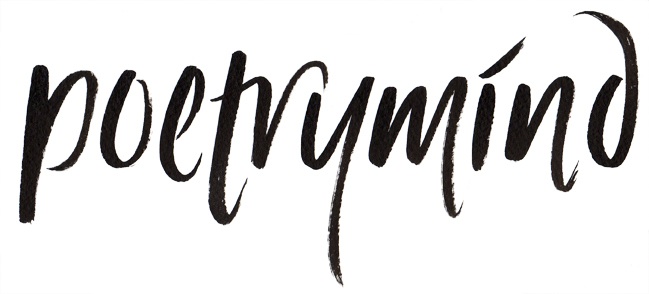 Which plunderer’s hand ransacked the pure gold statute of your dreams/In this horrendous storm?
Which plunderer’s hand ransacked the pure gold statute of your dreams/In this horrendous storm?--Nadia Anjuman, "Strands of Steel"
Louise's poem, "Herat" instilled in me a longing to look more closely at some contemporary poetry from the Middle East. Today bearing a heavy heart, with the growing escalation of violence in the Middle East, the only thing of personal solace I could think of was to connect to these disembodied voices. As this state of mind happens to coincide with an assignment this week at Marlboro's Grad Center to create a podcast, I'll be reading some poems I located on the internet by Mahmoud Darwish (Palestine), Ahmad Shamlu (Iran), Wadih Sa'adeh (Lebanon) and a few other pieces. Somehow, they are all interconencted in their intense yearning for a paradise that all of us can never return to except in our imaginations.
The reality of war hasn't changed much over the centuries, has it? I first heard the following poem set to music by Anne Waldman.
Heaven was pitiless.
It sent down confusion and separation.
Earth was pitiless.
It brought me to birth in such a time.
War was everywhere. Every road was dangerous.
Soldiers and civilians everywhere
Fleeing death and suffering.
Smoke and dust clouds obscured the land
Overrun by the ruthless Tatar bands.
Our people lost their will power and integrity.
I can never learn the ways of the barbarians.
I am daily subject to violence and insult.
I sing one stanza to my lute and a Tatar horn.
But no one knows my agony and grief.
TS’AI YEN (ca. 200)
From Kenneth Rexroth's translations from the Chinese
18 VERSES SUNG TO A TATAR REED WHISTLE
